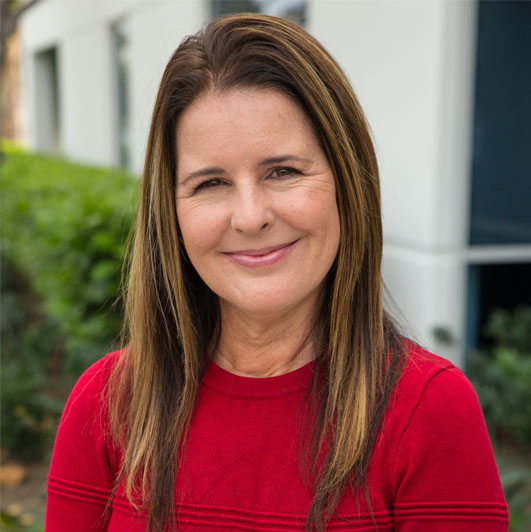John 2:1-12 (ESV)
1 On the third day there was a wedding at Cana in Galilee, and the mother of Jesus was there. 2 Jesus also was invited to the wedding with his disciples. 3 When the wine ran out, the mother of Jesus said to him, “They have no wine.” 4 And Jesus said to her, “Woman, what does this have to do with me? My hour has not yet come.” 5 His mother said to the servants, “Do whatever he tells you.” 6 Now there were six stone water jars there for the Jewish rites of purification, each holding twenty or thirty gallons. 7 Jesus said to the servants, “Fill the jars with water.” And they filled them up to the brim. 8 And he said to them, “Now draw some out and take it to the master of the feast.” So they took it. 9 When the master of the feast tasted the water now become wine, and did not know where it came from (though the servants who had drawn the water knew), the master of the feast called the bridegroom 10 and said to him, “Everyone serves the good wine first, and when people have drunk freely, then the poor wine. But you have kept the good wine until now.” 11 This, the first of his signs, Jesus did at Cana in Galilee, and manifested his glory. And his disciples believed in him. 12 After this he went down to Capernaum, with his mother and his brothers and his disciples, and they stayed there for a few days.
Three days after the discussion with Philip and Nathanael, Jesus, along with his first disciples and his mother, were at a wedding in Cana, Nathanael’s home city. The wedding was probably for a close friend of Jesus’ family, since both he and his mother attended. It must have been large, and often such wedding celebrations continued for up to a week. Some have proposed that Mary may have had a role in catering at the wedding, since she felt responsible for the wine. In this culture, the groom was liable for the wedding costs, and to run out of wine would have been a huge embarrassment for him. The bride’s family could have become angry and sued him as a result. Was Mary expecting Jesus to work a miracle? Probably not. Mary was potentially a widow at this point and probably used to depending on Jesus to get things done. Jesus responded to Mary with an interesting remark: “Woman, what does this have to do with me? My hour has not yet come.” The statement sounds a bit rude. But Jesus was probably letting Mary know that since he was entering the period of his three-year ministry, his agenda would no longer be subject to her desires. Jesus’ ultimate Father had a plan for his life, and that program would dictate the decisions Jesus made from then on. It can be easy to forget, but even Mary, Jesus’ mother, needed to come to him for salvation.
Nevertheless, Jesus provided wine for the wedding guests. He asked the servants to fill with water the nearby large stone jars used for ceremonial washing. When the servants drew the “water” out, it was wine. And it was not only wine, but good wine. Why did Jesus perform this sign? The miracle symbolized the new covenant he brought. The old ceremonial system of washing in water was coming to a close, and the new covenant had begun. What Jesus brought, the wine, was superior to the old ways, symbolized by the water. When Jesus told his mother that she wasn’t to interfere with his ministry, she responded with a fascinating statement. She said to the servants in verse 5, “Do whatever he tells you.” Mary recognized Jesus’ authority. What is Jesus telling you to do? To trust him? To turn to him? Follow the servants’ example by doing what Jesus tells you to do today.


 Stephanie is the Women’s Ministry Director at Compass Bible Church located in Aliso Viejo, CA. Her role as director includes teaching at women’s Bible studies and events, training women’s ministry leaders, engaging in biblical counseling and discipleship.…
Stephanie is the Women’s Ministry Director at Compass Bible Church located in Aliso Viejo, CA. Her role as director includes teaching at women’s Bible studies and events, training women’s ministry leaders, engaging in biblical counseling and discipleship.… 

Recent Comments